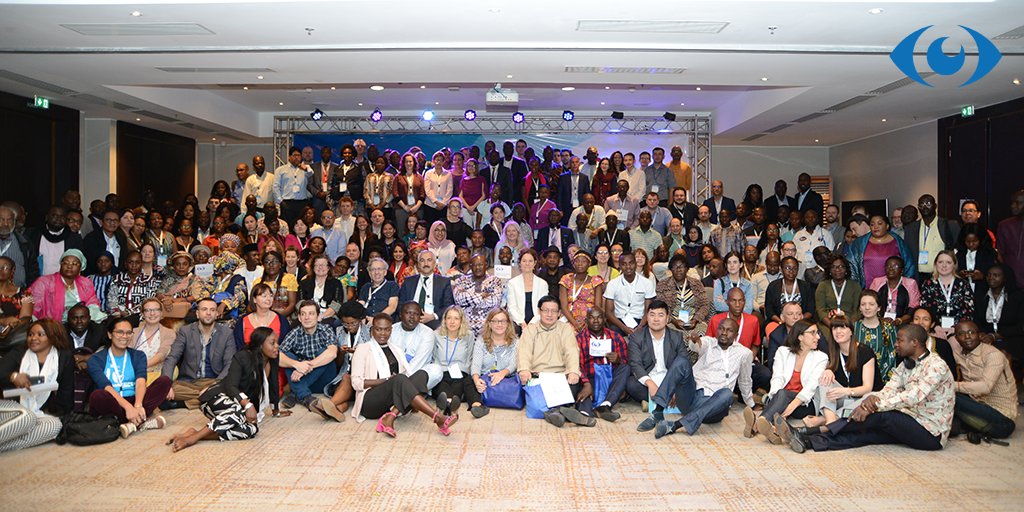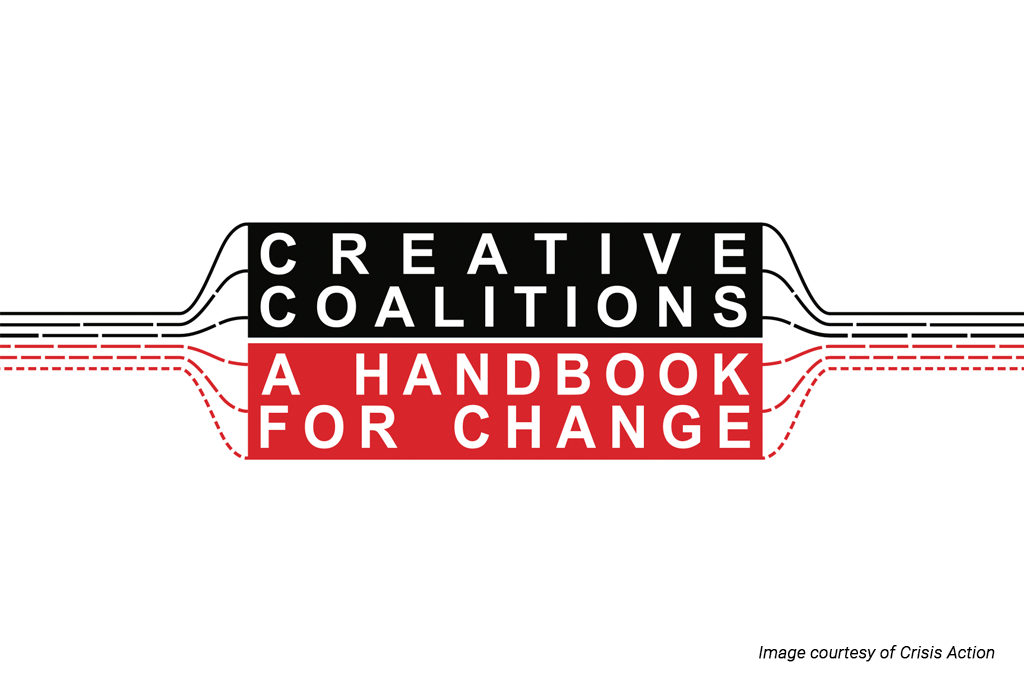Last week, in Dakar, I had the immense pleasure of addressing the fifth Publish What You Pay Global Assembly (and my second as Executive Director). This is the largest gathering of members from across the PWYP movement, when hundreds come together for several precious days: it’s a time for fresh ideas, passionate debate and energising plans for action. A network of our scale draws so much strength from these moments spent face-to-face.
This Global Assembly was especially important, as we adopted a new five-year strategy for the movement, steering our global work from 2020 to 2025. You can read more about the strategy in my previous blog here.
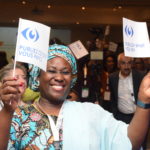
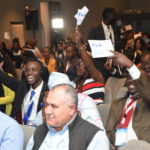 As many of you are well aware, developing this strategy was a months-long endeavour of preparation, meetings and consultations with committed activists across the PWYP coalition. Because it both marked the conclusion of the process and the start of a new chapter, this Global Assembly was exceptionally uplifting.
As many of you are well aware, developing this strategy was a months-long endeavour of preparation, meetings and consultations with committed activists across the PWYP coalition. Because it both marked the conclusion of the process and the start of a new chapter, this Global Assembly was exceptionally uplifting.
As one member told me afterward, “this was the first time that I truly appreciated the truly global nature of our movement”. Another said, “there was a real spirit of collaboration, great connections made, lots of energy to tackle difficult issues and much sharing of good ideas.”
I could not agree more. There was real global togetherness; a sense that we are unified, powerful and stand in solidarity with one another. There was also a sense of excitement at the far-reaching goals we committed to that bodes well for our future successes.
This collective energy, of course, also comes from the global challenges we set out to face.
While these can sometimes feel overwhelming, like ever-growing obstacles to the world we want, they are also coming into sharper focus:
 Not a month goes by without a major corruption scandal connected to extractive industries. Some of the most ambitious investigative journalism of recent years has lifted the lid on the staggering scale upon which illicit financial flows are falling off the radar within these trillion-dollar industries. Miranda Patrucic, of the Organized Crime & Corruption Reporting Project (OCCRP), joined to talk about some of these exposes, from the Azerbaijani Laundromat to the Panama Papers. We also heard from several journalists involved in the West Africa Leaks.
Not a month goes by without a major corruption scandal connected to extractive industries. Some of the most ambitious investigative journalism of recent years has lifted the lid on the staggering scale upon which illicit financial flows are falling off the radar within these trillion-dollar industries. Miranda Patrucic, of the Organized Crime & Corruption Reporting Project (OCCRP), joined to talk about some of these exposes, from the Azerbaijani Laundromat to the Panama Papers. We also heard from several journalists involved in the West Africa Leaks.
Many of our members represent communities whose livelihoods have deeply suffered from mining, gas or oil extraction and its environmental impacts. ‘Greenwashing’ does not pass public scrutiny as it once did, and few people are under any illusion about the damage to our planet these industries can wreak.
Likewise, the need for a global energy transition to a low-carbon economy has never been more urgently felt – with many colleagues in Sub-Saharan Africa to South East Asia and Latin America already bearing the brunt of the impacts of climate change. And without action, ominous reports of climate impacts will only keep coming. We had thought-provoking debates about how our movement can support a well -informed, just and fair transition.
Women’s voices too often go unheard, or are not given a platform at most levels of the decision-making process. Meanwhile, when extractive industries disrupt communities and the environment, the effect is first and foremost felt by women. But much too often, these gendered impacts are invisible when policies are made.
In Dakar, with one voice, we said: this needs to change.
A coalition like ours is uniquely placed to provide the world’s decision-makers with a real-time view from the ground, from those communities that are often worst-affected by the extractive industries.
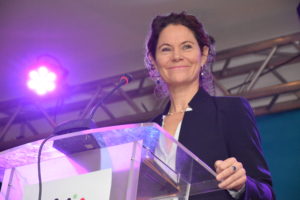 With this in mind, the Global Assembly resolved, firstly, to promote gender equality and women’s participation at every stage of our work. For instance, we will now call for data disclosures to include gender-disaggregated data. The specific experiences of women needs to stand out in the data.
With this in mind, the Global Assembly resolved, firstly, to promote gender equality and women’s participation at every stage of our work. For instance, we will now call for data disclosures to include gender-disaggregated data. The specific experiences of women needs to stand out in the data.
Several of our members – and plenty more activists around the world – have paid a high price for peacefully speaking their mind or challenging the powerful. We have pledged to defend the rights of citizens to fundamental freedoms: to say what you think and meet whom you please. We will stand up for and protect our members with global solidarity and advocacy activities whenever necessary.
The EITI remains, of course, a critical forum for our work and our advocacy. At the Global Assembly, we called on the EITI to include:
- a requirement to publish contracts and licenses;
- an encouragement to disclose environmental payments alongside the required social payments;
- a requirement to disclose commodity trading information on a sale-by-sale basis.
We will push for these in the lead up to the EITI Board meeting taking place in Ukraine at the end of this month.
In this ambitious programme, we are joined by a new Global Council, with representatives from Brazil, Cameroon, Iraq, Kyrgyzstan, Niger, the U.S., the U.K., the Philippines and Zambia. The Council will be chaired by the inspiring Chenai C. Mukumba, who has led impressive grassroots work in Zambia.
After one of the sessions, one of our members shared a powerful thought: “What you don’t know is bigger than you.”
As we stand up against a global culture of power and secrecy, it describes our challenges well. But while that challenge is bigger than any one of us alone, it certainly isn’t bigger than our global movement.
Lifted by a great gathering that gave us new energy, a new strategy and a new Global Council to help us steer the course, we are raring to go.









